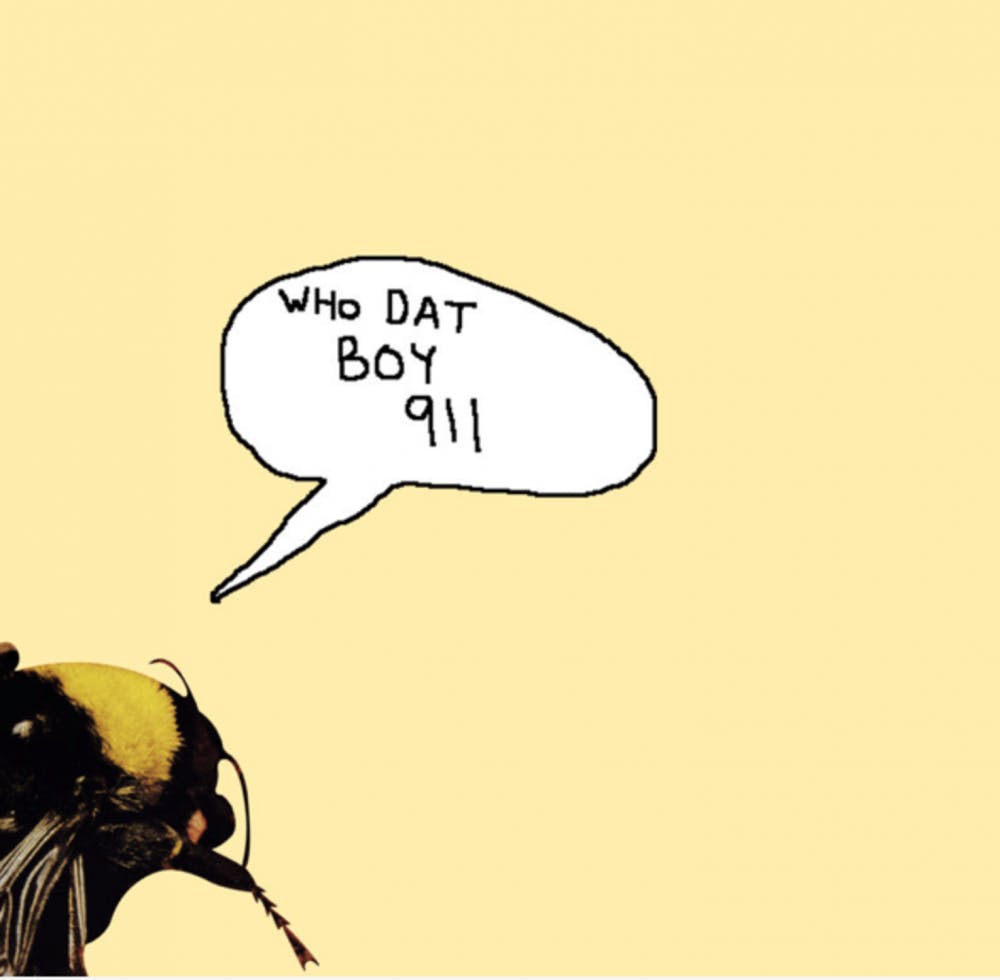Almost two years after his last release “Cherry Bomb,” LA rapper, artist, designer and polarizing cultural figure Tyler, the Creator recently released two new singles “Who Dat Boy” and “911.” The release of the singles comes in a sudden surge of activity from Tyler, announcing a NSFW-titled album and tour dates along with the new singles. The new singles find him teaming up with many notable names as the two singles feature collaborations with A$AP Rocky, Frank Ocean and ScHoolboy Q. The singles serve well to give fans an exciting new taste of the coming album, as well as to remind longtime Tyler fans of how he impacted the direction of the hip-hop music industry in his rise years ago.
Stylistically, “Who Dat Boy” and “911” are nothing if not returns to Tyler’s classic songwriting and producing style. “Who Dat Boy” features loud, booming bass synths peppered by dissonant synth melodies and chords. Tyler’s and Rocky’s verses are covered in a deliberate slew of arrogance and vulgarity. The track carriers the energy and shock value that drew so many into his older songs of the same style like “Domo23,” “Sandwitches” and “Yonkers.” “911” is reminiscent of a highly different style and side Tyler often shows. The harsh energy of “Who Dat Boy” is gone in favor of a track that has its roots in funk and jazz. The track is pushed forward by groovy baselines and many peaceful sounding chords. In a multiple part song, Tyler takes a look into his current place in life and the effects it has had on him. The toned down introspection on “911” is in a very similar vein to previous Tyler songs like “Lone” and “Answer.”
While listening to these tracks with such a focus on Tyler’s previous endeavors, it is impossible to not think back to his career’s beginnings. “Who Dat Boy” carries with it the same elements that made Tyler rise in popularity so quickly. Tyler has long been known for his brashness and vulgarity, painting himself as an outsider not afraid to say things his own way. Conversely, “911” shows an inner conflict with fame that Tyler has seemed to carry since his origins. This introspection into the strains of his life leave us with Tyler taking on the image of an outcast that was unchanged even with acceptance.
This outer machismo giving away to a somber depression is what caused Tyler to resonate and speak to so many people. At the same time, Tyler’s rise to fame and relevance played a major role in shaping the progressions of the hip-hop culture. In a genre long-known by its unwavering alpha-masculinity, Tyler’s inner insecurities and non-traditional behavior began to offer a stark contrast to what hip-hop was perceived to be. Hip-hop was no longer an impenetrable barrier of confidence, it now allowed itself to be an outlet for the struggles everyone goes through. Young Thug’s gender-norm challenges and the quirkiness of Lil Dicky would not be able to exist without Tyler’s past creating a demand for cultural evolution in hip-hop, a past that is summarized by “Who Dat Boy” and “911” perfectly.







